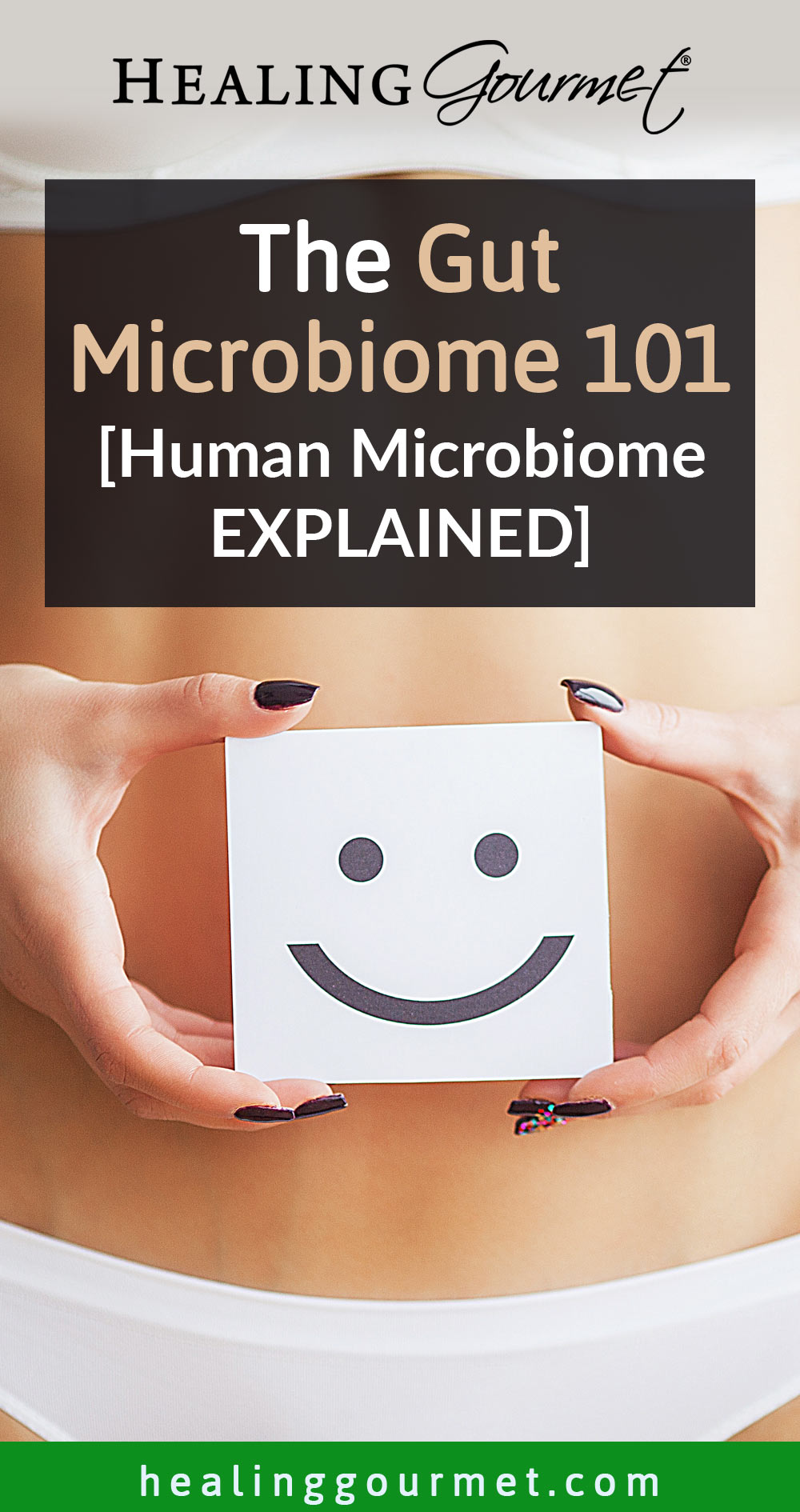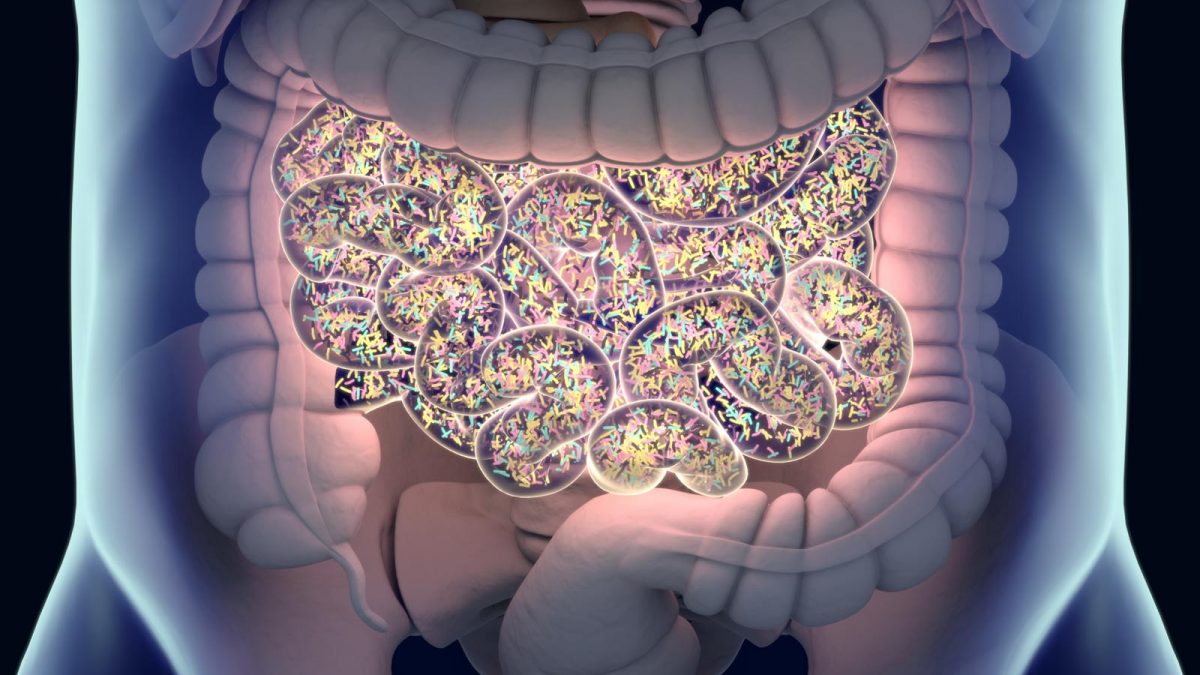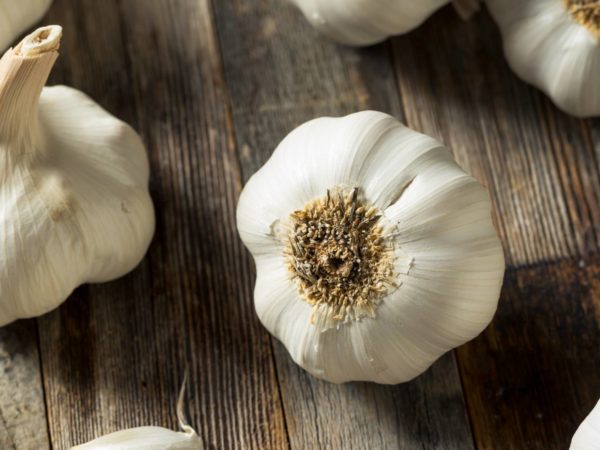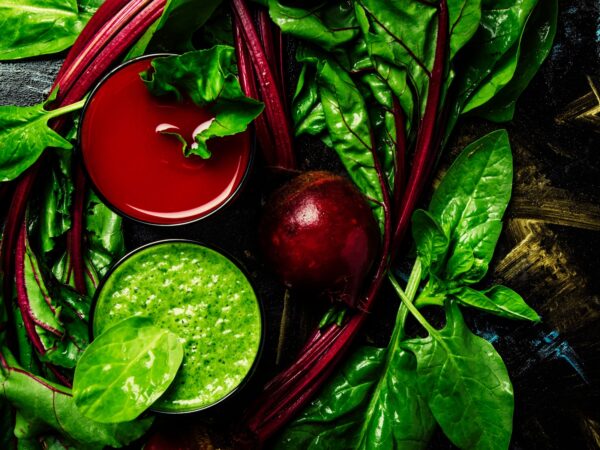What is the Microbiome
The human microbiome is a collection of microorganisms that inhabits your body. Your stomach and intestines alone are home to approximately three pounds of bacteria! Up to 100 trillion cells comprise your gut microbiome, which is home to a rich variety of bacteria, viruses and other microorganisms. In addition, there is an ecosystem of skin, oral, and vaginal microbiota.
Our first exposure to these beneficial organisms is during our passage through the birth canal, followed by those present in the mother’s milk. Unfortunately, many children today are not born the way Mother Nature intended, nor are they breastfed… thus missing out on a critical foundation for their developing microbiome and immune system.
There are three main types of microbiota:
- Symbiotic: these offer a mutually-beneficial relationship between organism and host.
- Pathogenic: opportunistic disease-causing microbes, though in a diverse and healthy microbiome they do not cause disease and in some ways can be beneficial.
- Commensal: these guys are just along for the ride.
What Our Microbiome Influences
Immunity
It is estimated that roughly 70 percent of your body’s immune system cells live in your intestines. Your gut is your first line of defense against illness. And it is your microbiome that helps program your immune cells to “behave” in a certain way before circulating throughout your body.
For example, your T-cells can either suppress inflammation or promote it. And this can depend on whether your gut microbiome is diverse and thriving or imbalanced. This process begins at birth and continues to work throughout your life, changing and adapting to your environment, food intake, stress levels, and disease exposure.
When your gut flora is imbalanced, your immune system may become weakened. It can also become over-stimulated and prone to attacking your body’s own healthy tissues. This is called autoimmunity.
Skin Health
Did you know the health of your skin is directly tied to your gut? Studies have shown that the condition ‘leaky gut syndrome’ can contribute to acne, psoriasis, hives and eczema. Leaky gut occurs when the lining of the gut is more permeable than it should be, allowing bits of undigested food, bacteria, fungus and pathogens into your bloodstream.
Research has shown that stress and gut inflammation can impair the function of your epidermal barrier (residing in the most superficial layer of your skin, the stratum corneum). When you have a decreased level of antimicrobial peptides on your skin, you’re at greater risk for skin infection and inflammation.1
Digestion
In order to properly digest food and absorb its nutrients, you must have a flourishing microbiome. Furthermore, beneficial bacteria help acidify the colon and regulate bowel movements. They also help reduce gas and prevent bad breath. In addition, your microbiota has a strong effect on whether or not you are able to digest dairy products.
Nutrient Absorption
Nutrient deficiencies often occur as a result of an unhealthy microbiome. Do carbohydrate-rich foods (even fruits and vegetables) seem to bother your stomach? You may have problems digesting them due to an unbalanced gut flora.
Some common causes of chronic stomach trouble are SIBO (small intestinal bacterial overgrowth), parasitic infection and celiac disease.
Brain Health/Alzheimer’s Disease
Your gut and your brain are closely linked. When your microbiome is unhealthy, your brain is much more likely to be unhealthy, as well. This may result in mental confusion, emotional instability, central nervous system disorders and even Alzheimer’s disease.2
Hunger + Weight
The ecosystem of microbes in your gut is not merely a passive population of hitchhikers, happy to eat whatever you decide to feed them. In fact, your microbiome may be influencing your eating habits by increasing your feelings of hunger and causing you to crave carbohydrates and sweets!
This is a battle for survival. Your microbes influence your dietary choices to favor the foods THEY thrive on (or those that suppress their competitors). So, the types of foods you crave are in part based on your microbiome and in part based on your food intake.
The good news is that research has shown that positive changes can be made in the microbiome within just 24 hours of positive dietary changes.
Diabetes
According to a meta-analysis of 20 studies, released in the journal Biologica birth by C-section is clearly correlated with the development of type-1 diabetes. Even after adjusting for variables such as gestational age, birth weight, maternal age, birth order, breast-feeding and the existence of maternal diabetes, there was still a 20 percent increase in the risk of type 1 diabetes in infants born via C-section.3
Since exposure to friendly bacteria is so integral to the development of an infant’s immune system, the research suggests that the types of bacteria found on a newborn’s skin may influence the development of their immune system and future health.
Furthermore, babies born via C-section are exposed to microbes that resemble those found on the skin (e.g., Staphylococcus, Corynebacterium, and Propionibacterium), while infants born vaginally are exposed to microbes that resemble those found in the birth canal (e.g., Lactobacillus, Prevotella, and Sneathia).4
Staphylococcus is notorious for causing infections while Lactobacillus is a friendly bacteria that has been associated with good gut and immune health. Could it be that, in addition to not receiving enough friendly bacteria from vaginal delivery, a child is at even greater risk of infection when skin bacteria are the first and not the second type of bacteria the child exposed to?
What Affects Our Microbiome
Could it be that our modern life in sterile-like environments could be a factor in the rise of certain illnesses, especially those that are immune-related, such as asthma and diabetes?
In a scientific paper entitled, “The Built Environment Is a Microbial Wasteland”, researchers discuss how the transition from living outdoors to living indoors has negatively impacted the structure and diversity of our inner ecosystem.5
Other factors that influence our microbiome include:
Breastfeeding
Mother’s milk contains molecules and cells that help prevent certain microorganisms from penetrating the gut of the newborn and causing illness. These molecules work by binding to hollow spaces in the digestive tract of the infant, thus preventing microbes from traveling through the mucosa layer of the cells. In addition, breast milk provides phagocytes that attack microbes directly. And yet another set of chemicals stimulate the infant’s own immune response.
According to a study published in the journal, Pediatric Research:
“The neonatal adaptive immune system, relatively naïve to foreign antigens, requires synergy with the innate immune system to protect the intestine.”
The components in mother’s milk protect her nursing infant and encourage her own infant’s immune system to flourish, which may help prevent enteric infection and inflammatory bowel diseases later in life. 6
C-Section Birth
Infants born via Cesarean section do not travel down the birth canal, which robs them of exposure to beneficial microbes. Data recorded from 23 different studies revealed that children delivered by C-section experienced a 20 percent increased rate of asthma.7
A review of studies, published in the journal, Trends in Molecular Medicine, showed evidence that “disrupting the mother-to-newborn transmission of bacteria by C-section delivery” increased the risk of celiac disease, asthma, type 1 diabetes and childhood obesity.8
Stress
If you’ve ever heard the saying “stress kills”, it’s true.
And it is not only related to our own demise. Stress can also kill your healthy microorganisms!
A study conducted on squirrels showed that those living in a low-stress environment harbored healthier communities of microorganisms. However, when the same squirrels were captured and studied weeks later, if their stress levels increased, it also increased the amount of potentially harmful bacteria in their bodies.9
Chronic Illness
When it comes to chronic illness, there is also a “chicken or the egg” factor.
For example, an unhealthy gut can contribute to a malfunctioning immune system…. which can result in autoimmune disease…. which can cause inflammation that continues to kill whatever good bacteria remains. Moreover, the stress of chronic illness may also trigger the growth of potentially harmful bacteria. This can worsen the disease and start the cycle all over again.
Antibiotics
Not only are antibiotics dramatically over-prescribed, they are also found in conventionally-raised livestock. (This is one reason why eating organic and pasture-raised meat and dairy products is important for your health.)
One study showed that one short course of the antibiotic, ciprofloxacin, reduced the diversity of the intestinal microbiota and had significant effects on approximately one-third of the bacterial species.
Not only do antibiotics kill our healthy bacteria, the changes that are made to our microbiome may also promote the transmission of deadly pathogenic organisms.10
Leaky Gut Syndrome
Leaky gut syndrome occurs when the lining of the intestines is more porous than it should be, allowing bits of undigested food, bacteria, and fungus to leak into the bloodstream causing an inflammatory response. When this barrier system doesn’t work as it should, it can significantly reduce the number of good bacteria in your gut while allowing disease-causing pathogens to replicate out of control.
Gluten
Gluten is a protein found in wheat, barley, and rye. This protein is highly inflammatory, even for those who don’t have celiac disease. The higher the inflammation in your gut, the unhealthier your microbiome will be, and vice versa.
GMOs
GMOs are a much more frightening addition to our food supply than is currently being revealed.
Several studies have shown that GMOs transfer the genes of the pesticides contained within them, damaging your microbiome while implanting its own information into your intestinal bacteria.
As a result of eating genetically-modified foods, your gut can literally be turned into a living pesticide factory!
A study showed that mice fed a diet of GM corn presented with alteration of T-cells and B-cells “at the gut and peripheral sites”. Some T-cells send chemical instructions to the rest of the immune system, while some kill virus-infected cells directly. B-cells make antibodies against foreign invaders
If these immune cells do not work properly, your immune system either won’t be able to defend itself or, it will begin attacking your own healthy tissues. Either way, GM foods can be very destructive.11
Chlorinated Water
It is believed that there is enough residual chlorine in tap water to kill bacteria in your gut. In part, this could lead to an overgrowth of Candida yeast, contribute to autoimmune conditions as well as behavioral and cognitive problems.
To protect your gut and skin from the potentially damaging effects of chlorinated water, use a filter for both the water you drink and bathe in.
Toxic Personal Care Items
Many personal care items such as soap, shampoo, body wash, and cosmetics contain toxins that can interfere with the healthy function of your gut immune system.
For example, triclosan, a man-made antibacterial commonly found in hand sanitizer, dish soap, and even toothpaste, has been associated with rapid shifts in microbiome structure and diversity.12
A laboratory study revealed that mice fed BPA, a common chemical in plastics, showed a similar gut microbial community induced by a high-sugar diet. This resulted in gut dysbiosis, a microbial imbalance that allows disease-causing bacteria to flourish.13
Pesticides
Glyphosate, a common pesticide, has been shown to inhibit the growth of beneficial bacteria within the gut. Sadly, glyphosate has been found in the breast milk of women across the United States! So, if you have little ones, especially if you’re breastfeeding, be sure to go organic.
Artificial Sweeteners
Aspartame, an artificial sweetener that should have been taken off the market decades ago, has been linked to the development of central nervous system disorders, mental illness symptoms, and the alteration of gut microbiota.14
Another study revealed that the consumption of artificial sweeteners is linked to gut dysbiosis and metabolic abnormalities.15
Food Additives
Food additives, especially emulsifiers, which are found in most highly-processed foods, may be linked to obesity, diabetes, and inflammatory bowel disorders. Research on laboratory mice showed that dietary emulsifiers had a direct impact on gut microbiota, promoting colitis and metabolic syndrome.16
How to Create a Healthy Microbiome
Despite the environmental challenges we face on a daily basis, we can still create and maintain a healthy microbiome. The first thing to do to increase the beneficial bacteria in your gut is to remove any and all toxic substances (food, contaminated water, cosmetics) that may be degrading it. Invest in and eat primarily organic foods, pasture-raised meats and wild fish.
Furthermore, increase your intake of:
- Bone Broth
- Healthy Fats- especially saturated fats (like Pastured Tallow, Lard and Coconut Oil) which help to heal and seal the gut
- Lacto-Fermented Sauerkraut, Kimchi and Kombucha
- Lacto-Fermented Kefir and Yogurt
Once you get the good bugs in there, you have to feed them so your body can create more! Prebiotics are food for your beneficial bacteria, and they can be found in foods such as:
- Dandelion Greens
- Jerusalem Artichokes
- Asparagus
- Leeks
- Onions
- Garlic
- Raw Chicory Root
- Berries
- Under-Ripe Bananas + Green Banana Flour
It is also very important to reduce stress and get adequate rest to keep your microbiome healthy and functioning at its very best.
Have you experienced trouble with your microbiome? If so, what steps have you taken to get it in balance?





Leave a Reply